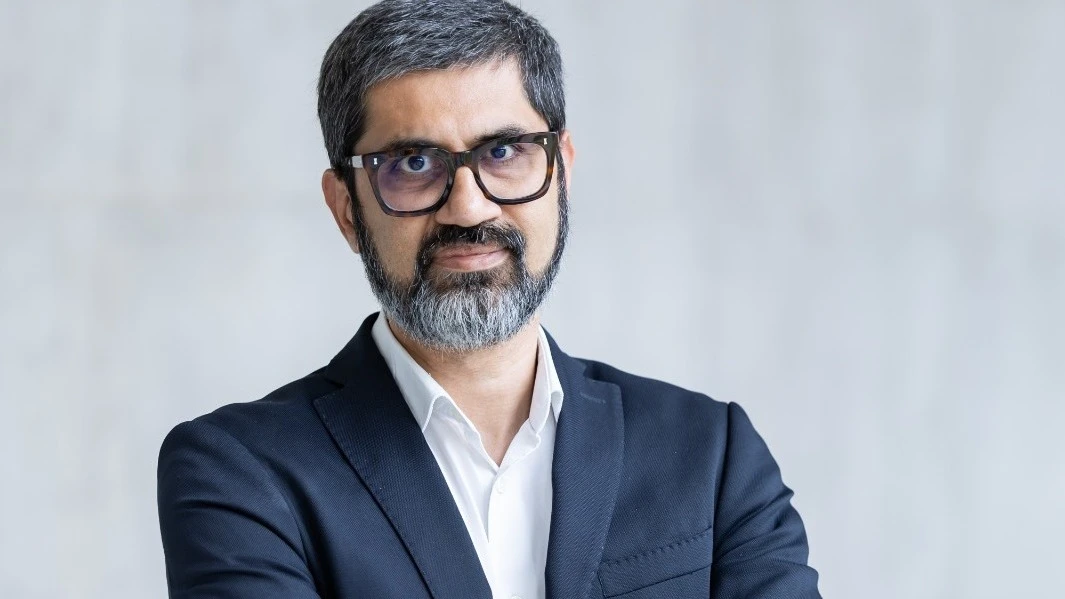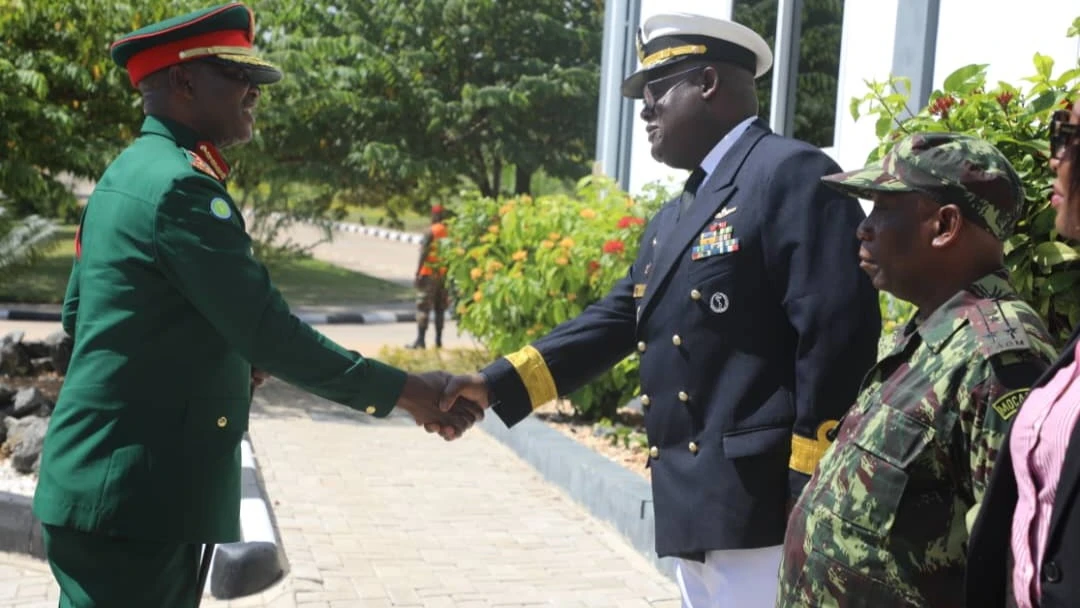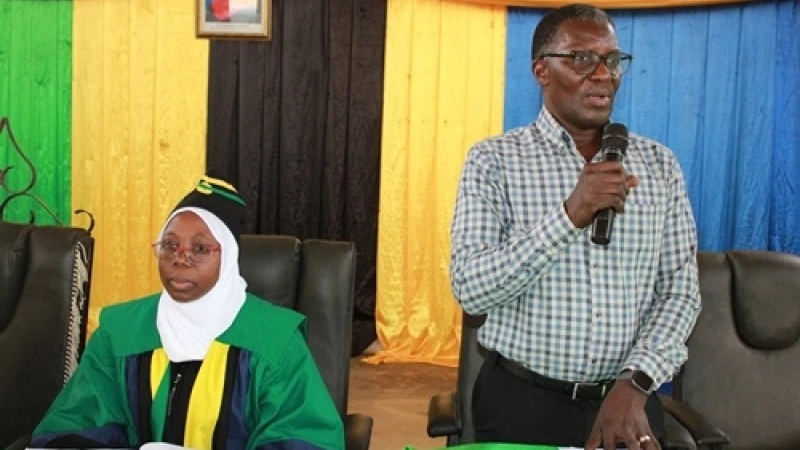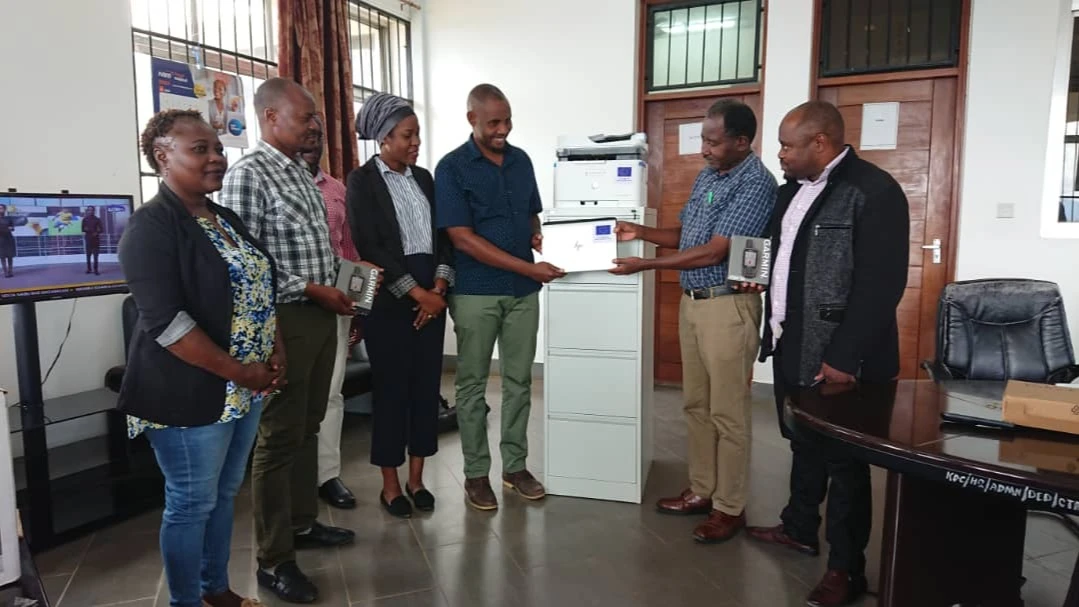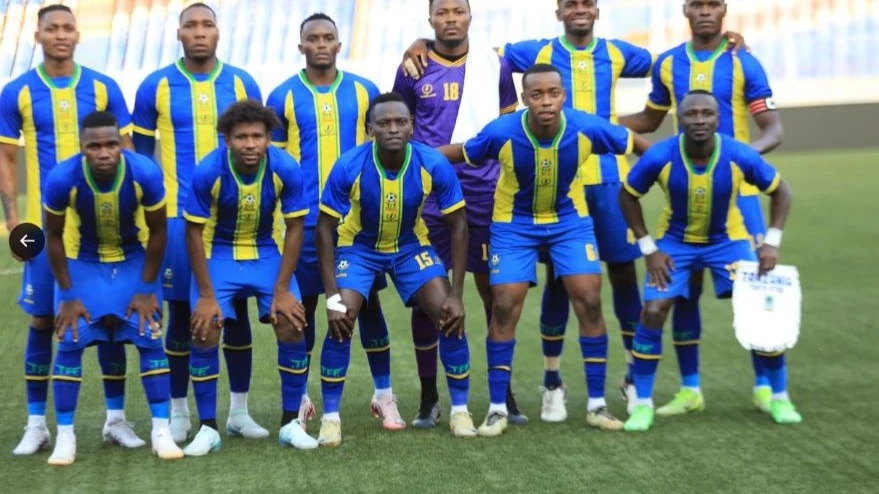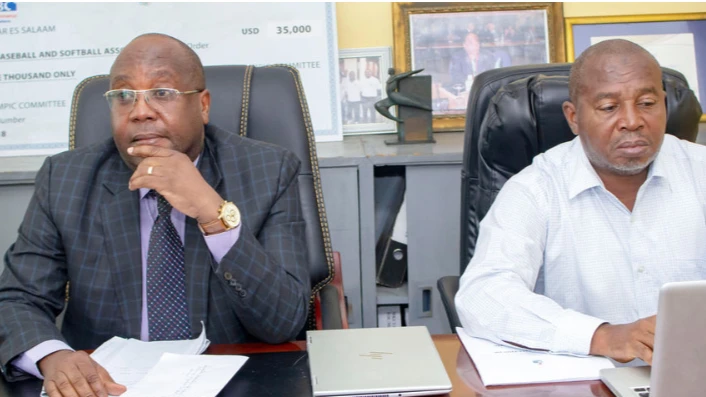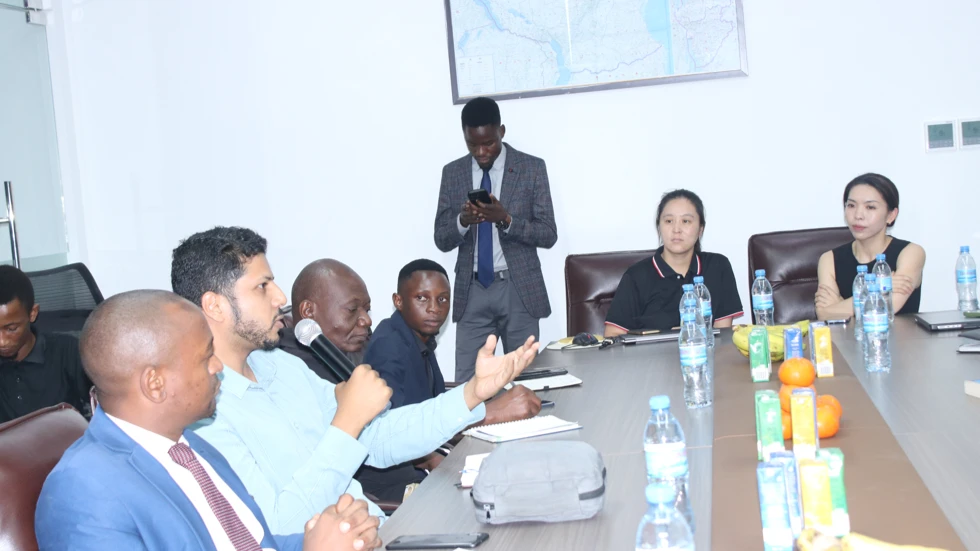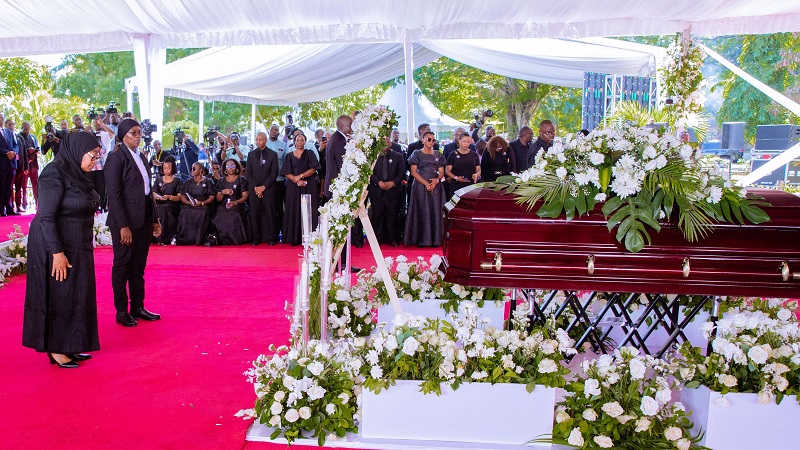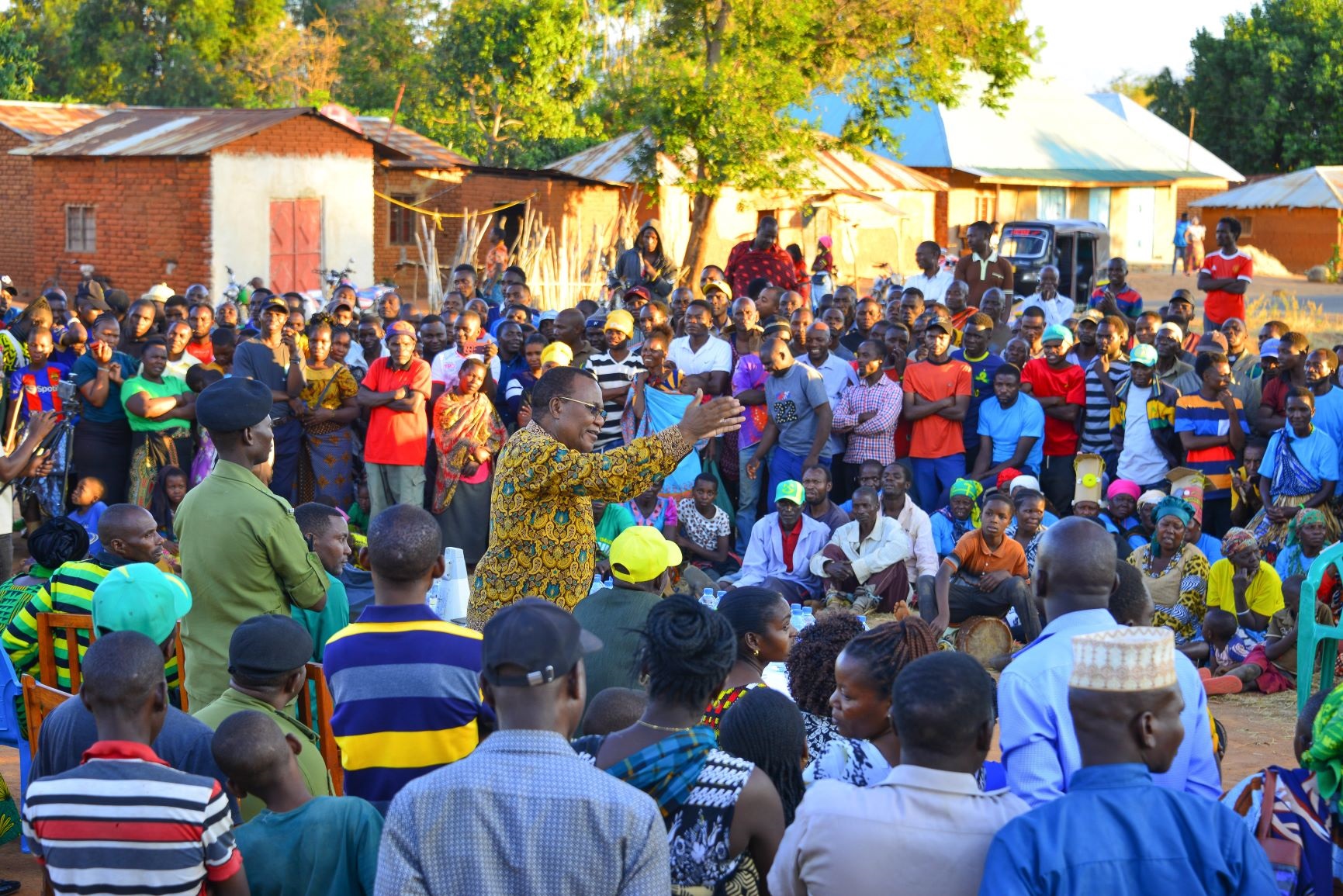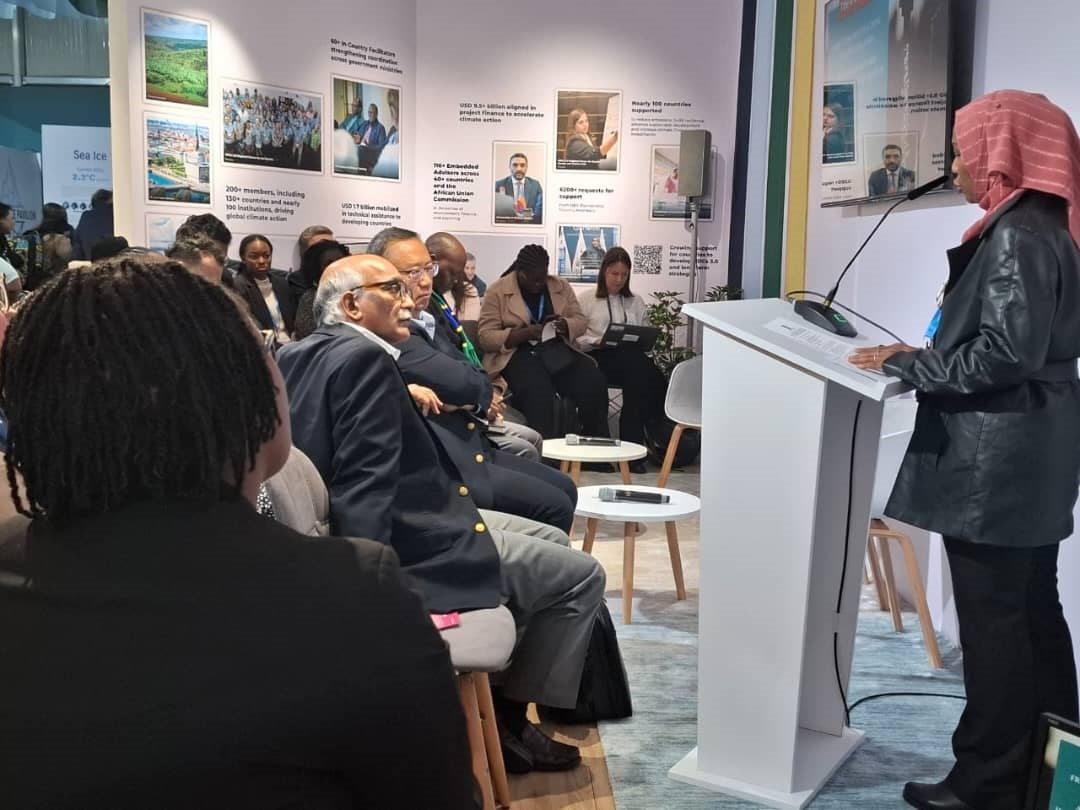FAO focuses on small-scale fishing for poverty alleviation, food security
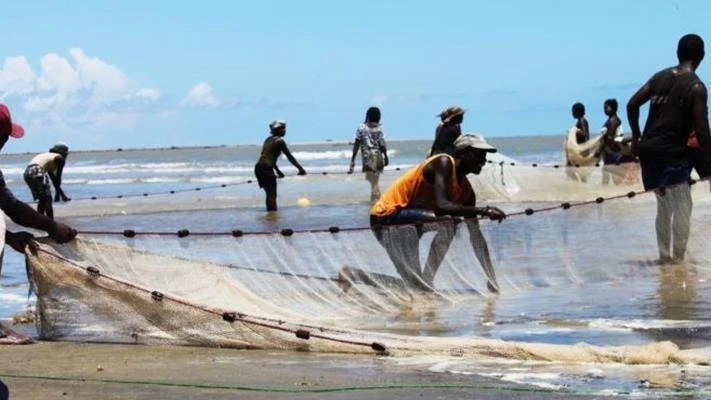
THE Food and Agriculture Organisation of the United Nations (FAO) has reaffirmed its commitment to promote fishery sector in Tanzania with particular focus on small-scale fishing as a means to alleviate poverty and ensure food insecurity.
Dr Oliva Mkumbo, coordinator of the International Small-Scale Fisheries Project at FAO Tanzania, made the remarks in Bukoba Municipality, Kagera Region on Wednesday during a training session aimed at enhancing saving and borrowing practices for women’s groups involved in small-scale fishing.
“The training aims to ensure sustainability of the fishing sector, benefiting people’s lives and increasing public access to nutritious food,” she said.
She said that FAO was working closely with the government, particularly through the Ministry of Livestock and Fisheries, to empower women in the sector.
Small-scale fishing accounts for over 90 percent of the global fishing industry, involving small boats and female processors.
“Many small-scale fishers face poverty despite significant sums passing through their hands. We are exploring ways to improve their livelihoods by providing adequate capital for their businesses to enhance their quality of life and increase incomes for themselves, their communities and the nation as a whole,” she said.
A key priority of the project is to unite women by establishing the Tanzania Women in Fisheries Activities Forum (TAWFA), which facilitates discussions on development plans, including those related to fishing.
FAO has collaborated with the Ministry of Livestock and Fisheries to implement guidelines for sustainable fishing, ensuring community benefits.
However, access to loans and adequate funding for project initiation remains a significant challenge, particularly for women in small-scale fishing.
Dr Lilian Ibengwe, Chief Fisheries Officer in the Ministry of Livestock and Fisheries, said the project, initiated in 2017, currently operates in five areas: Lake Victoria, Lake Tanganyika, the Indian Ocean, Lake Nyasa and the smaller waters of Kyerwa and Karagwe in Kagera Region.
During consultations, Dr Ibengwe identified the lack of affordable loans and capital as a major challenge. This led to the decision to provide training on saving and borrowing for women engaged in small-scale fishing, enabling them to access affordable loans using their own funds.
Participants in the saving and borrowing training emphasized its importance, noting that it came at a crucial time when many women are engaged in various businesses to enhance their families’ incomes.
Top Headlines
© 2024 IPPMEDIA.COM. ALL RIGHTS RESERVED








